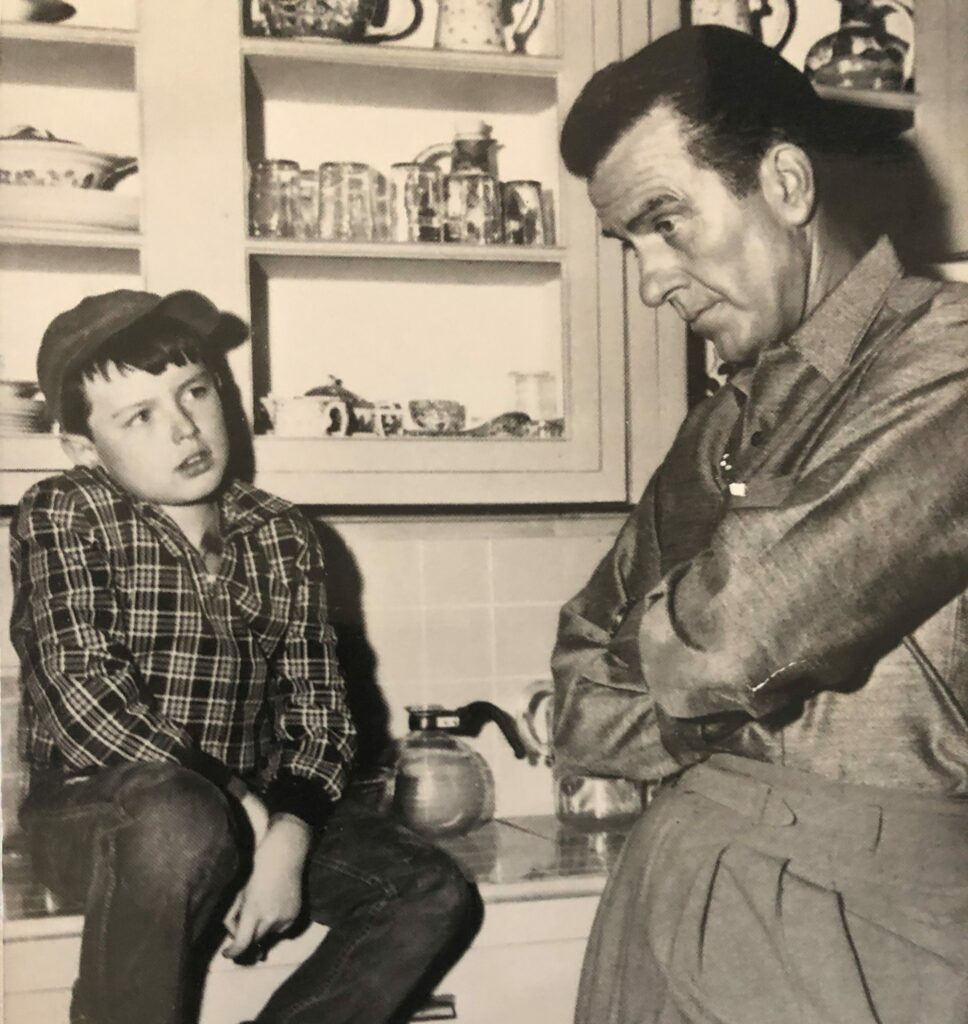
Why Bother Talking “To” Instead of “At”?

Why Bother Talking “To” Instead of “At”?
Recently, I attended a town hall meeting in my community. Though meetings such as these can sometimes feel pointless, the topic was important enough to me that I showed up with an optimistic attitude. I’d hoped that maybe opinions would be heard, understood, and even a creative solution discussed. But, within the first five minutes of the gathering, I could tell that the man in charge would be talking “at” us, instead of “to” us. And after forty minutes, people like me, began to get up and leave.
Placating
Communicators who speak “at” someone do not possess humility. Instead, they elevate themselves to an exclusive plane and shut out those who think differently. As a result, concepts from others can be expressed, but are not considered valid. No ideas are truly exchanged or built upon to create a new viewpoint. Instead, words simply pile up into futile utterances that are discarded.
Those who talk “at” their audience like to think they are connected to them in some way, but really, they are not. The chasm is sometimes quite wide and most of the time stark enough for everyone to see. Admitting to the incongruity between people is a better strategy. At least it lays down a foundation of truthfulness.
Those who talk “at” someone are not curious or open to possibilities. On the contrary, their mind is already set. They may listen to what others are saying, but it is not heard. When someone has already made up their mind, no other possibilities exist for them.
Those who communicate “at” people take a defensive stance. They feel they need to be right and do not want to make any compromises. If they do, it will mean they’ve lost the contest.
In a way, I feel sorry for those who communicate in this way. I am embarrassed for them. I hear the fear in their voice. Communicating is not easy. Not everyone will like what we say, but communicating “at” someone creates more foes than friends, more divisions than unity.
On the other hand, learning to talk “to” people creates more friends than foes. Being on the same plane with someone in order to exchange ideas and construct solutions is a lot more fun and productive for everyone. Letting go of a defensive stance and being open and curious builds bridges of empathy. Talking “to” someone creates a more welcoming atmosphere and discharges the stress that builds up in an atmosphere where though things are discussed.
Why bother talking “to” people instead of “at” them? It is worth learning to communicate in this way because speaking “at” people produces small if any results, makes others feel devalued and annoyed and you do not want to be left talking only to yourself.
New Release
